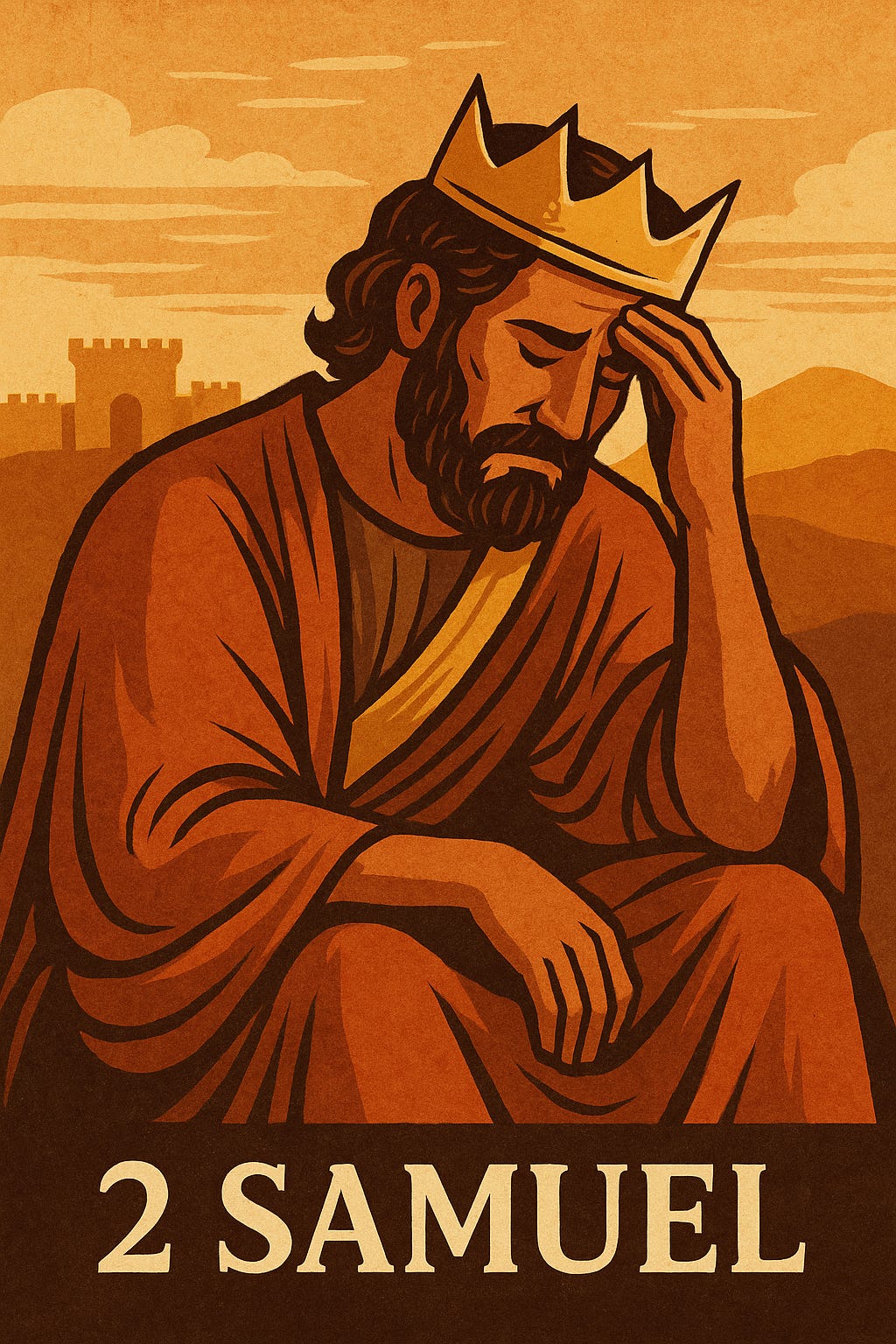If the first half of 2 Samuel showed us a king rising in grace and power, the second half shows us how easily even the strongest can fall.
It’s not an easy read.
But it’s real. And if you’ve ever looked at your life and thought, I didn’t expect it to turn out this way—then you’re not alone.
This part of David’s story reminds us that God’s mercy doesn’t erase consequences, but it does remain. And that even in failure, He doesn’t walk away.
Deeper Themes That Shape Your Story
1. Sin Has a Ripple Effect
David’s fall with Bathsheba isn’t just a private matter. It affects his family, his kingdom, and his relationship with God. His household unravels. His son rebels. His heart is torn.
You’ve seen it too—how sin doesn’t stay contained. But 2 Samuel doesn’t leave us there. It shows us that repentance can redirect the ripples. They may still go out, but grace can meet every wave.
2. True Repentance Begins with Ownership
When the prophet Nathan confronts David, he doesn’t make excuses. He doesn’t shift blame. He says:
“I have sinned against the Lord.” (2 Samuel 12:13)
It’s simple. It’s honest. And it’s where healing begins.
If you’ve been trying to manage, justify, or hide your own missteps, David invites you to stop running. God can’t heal what we won’t reveal—but the moment we confess, grace rushes in.
Keep reading with a 7-day free trial
Subscribe to Biblical Catholic Living to keep reading this post and get 7 days of free access to the full post archives.




